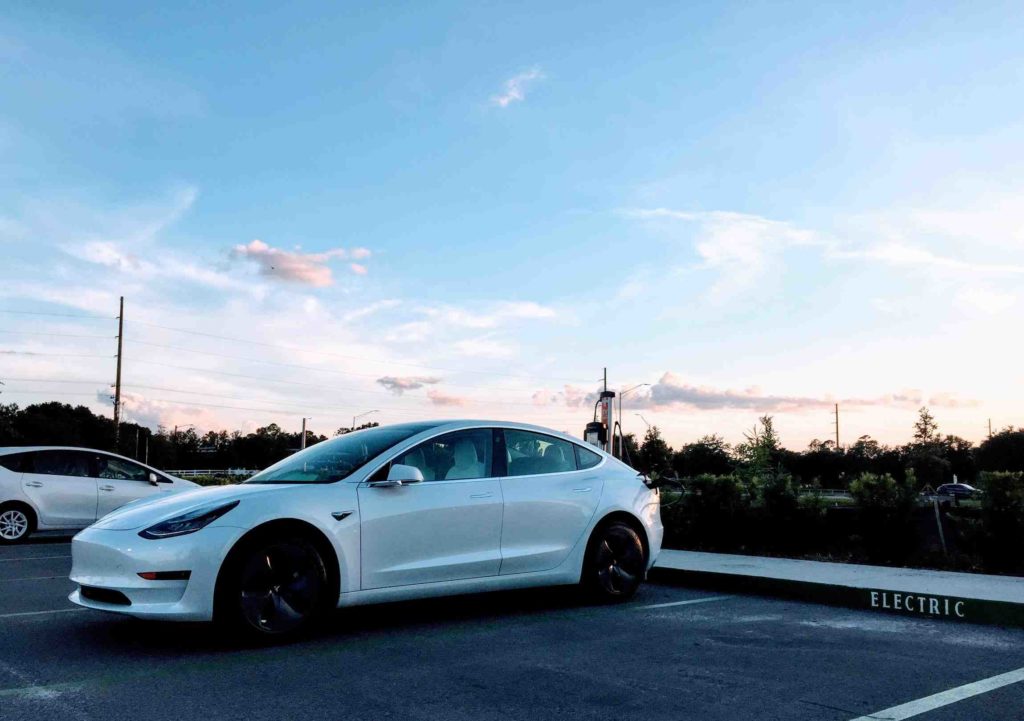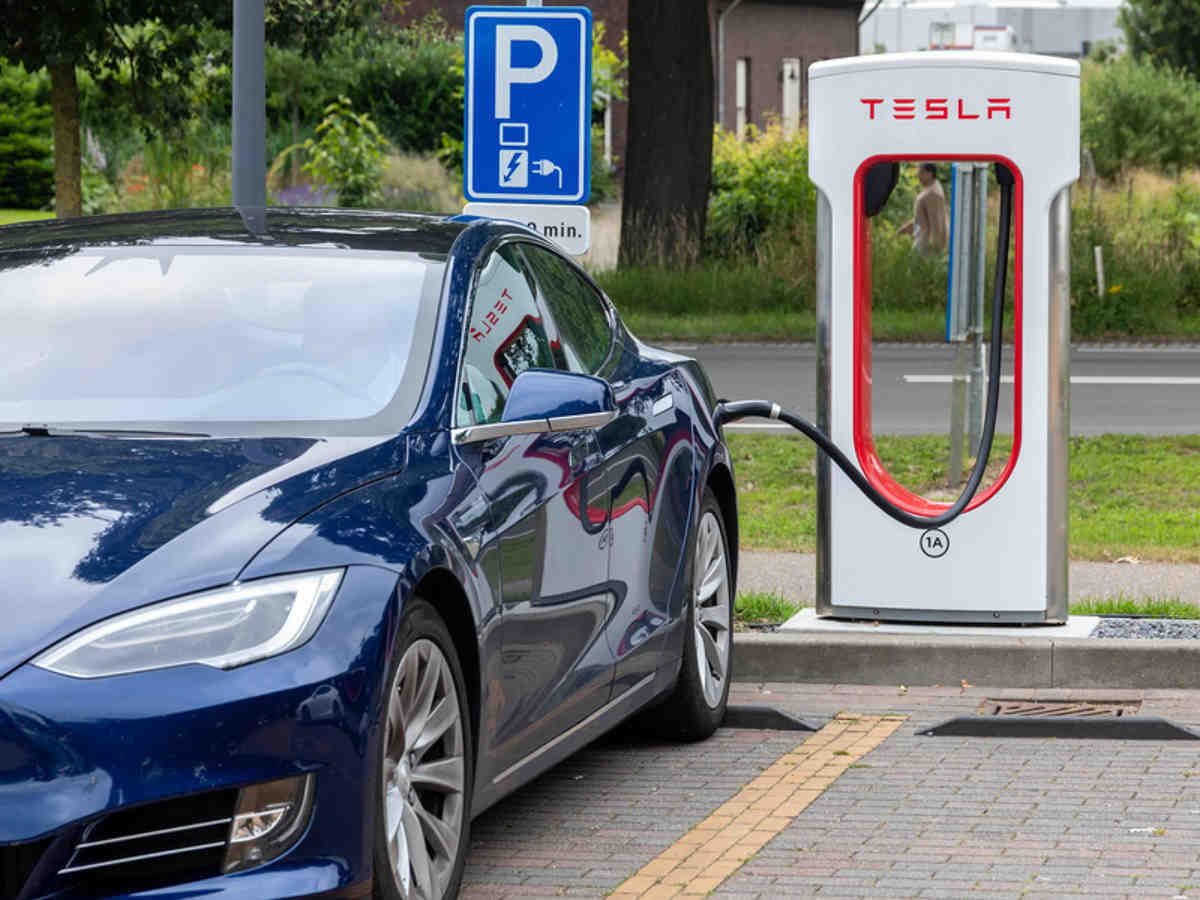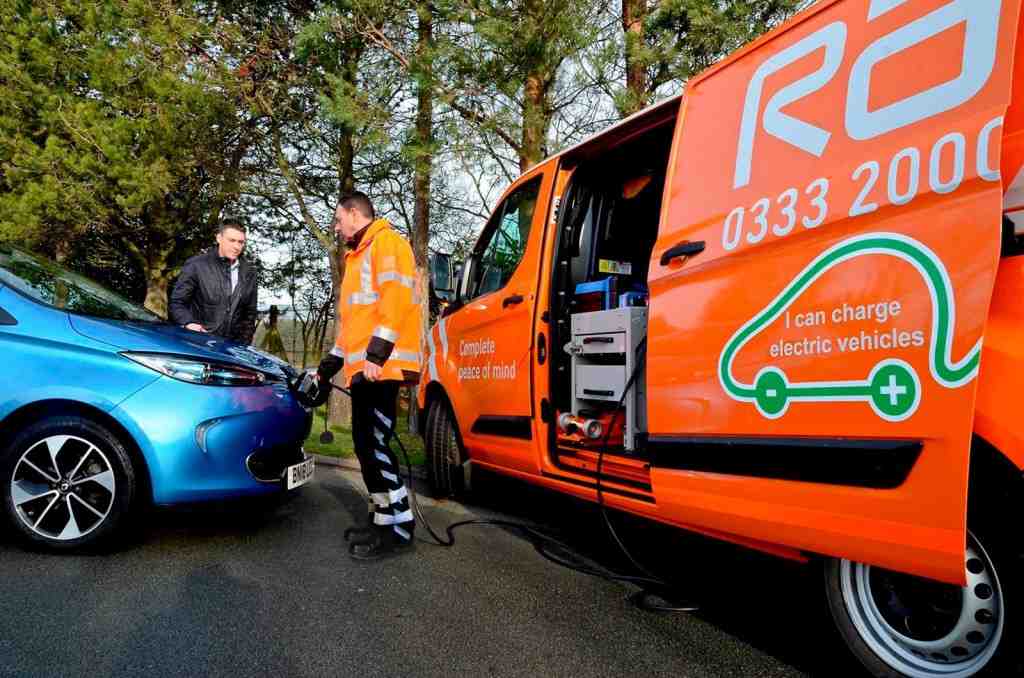Now, new Tesla vehicles have to pay a fee per kWh or per minute at the Supercharger station. Tesla vehicles sold with “Lifetime free supercharging” still don’t have to pay anything when charging on the network.
How fast does Tesla battery degrade?

According to company data, the average vehicle battery at Tesla should still have about 90% of its original capacity after 200,000 miles (322,000 km) of use. On the same subject : How long does it take to charge a Tesla at a public charging station?. That’s an excellent result of only 10% battery capacity (and range) degradation: 1% per 20,000 miles (32,200 km).
How fast is the Tesla Model 3 battery draining? Overall, though, it’s hard not to be impressed by the Model 3’s battery life. Considering the 2.2% battery drop after four years, the Model 3 owner says he doesn’t currently expect to replace the car’s battery during the ten years he plans to keep the vehicle.
How long do Tesla batteries last lifespan?
Tesla car batteries are said to be designed to last 300,000-500,000 miles (as Tesla CEO Elon Musk admits), or about 21-35 years, based on the average number of miles traveled by Americans in a year, which is typically around 14,263. On the same subject : How long does it take to charge a Tesla at home?.
Do Tesla batteries deteriorate?
We didn’t even have to start watching the video to know that the Model 3 has lost some of its power range over the years – all battery drains down over time, though, in most cases, it’s much slower and less noticeable than some. This may interest you : Do Teslas have brakes?. would you believe.
How long does it take for a Tesla battery to degrade?
Tesla is designing a vehicle with a battery life that will last longer than the vehicle itself. Tesla is also starting to offer a minimum battery retention guarantee of 70% over a period of 8 years or 100,000 to 120,000 miles.
How long does a Tesla battery last before replacement?
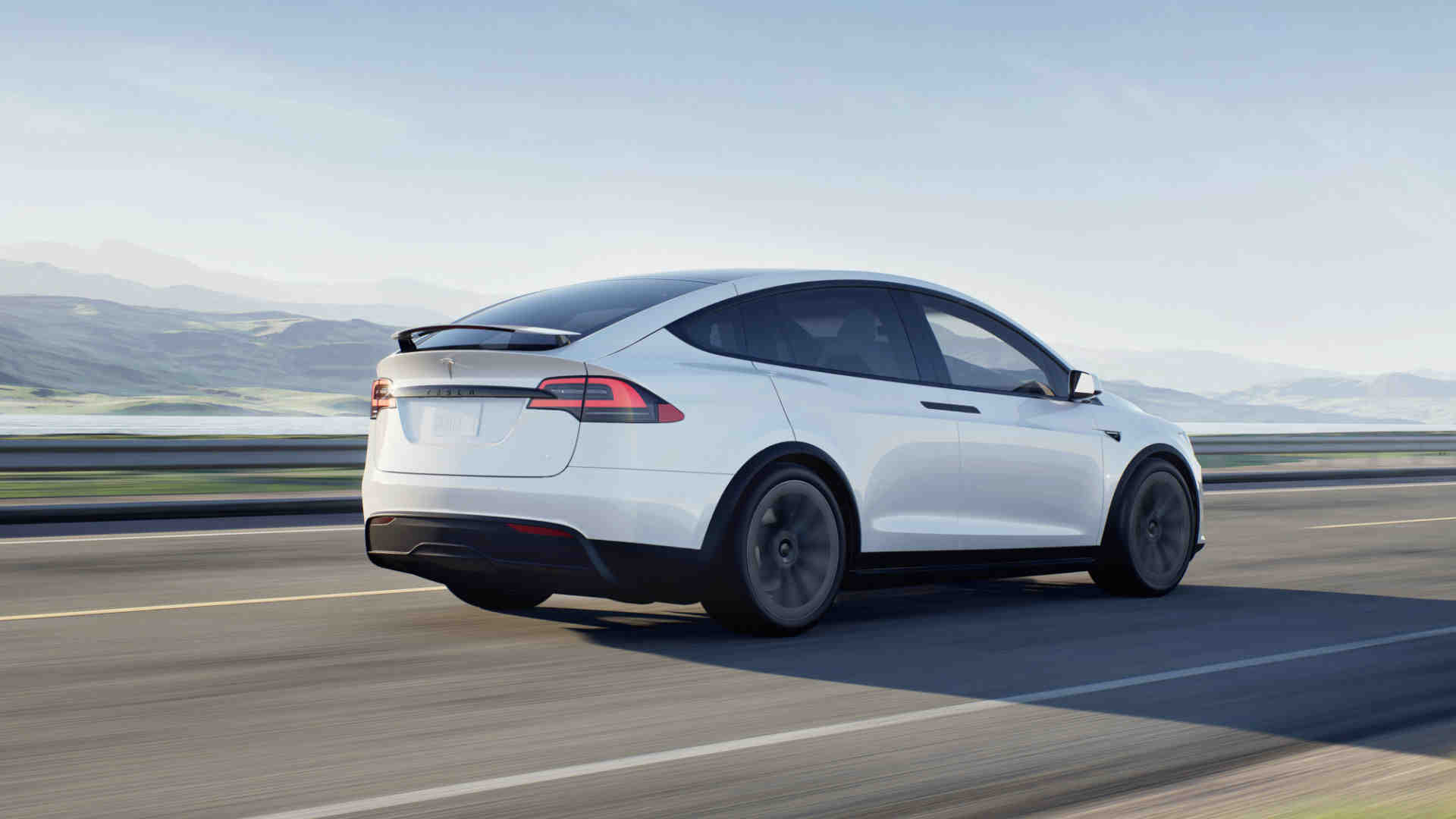
According to a Tweet by Elon Musk, a Tesla battery should last between 300,000 and 500,000 miles. Based on an average driving distance of 260 miles per week, the new Tesla batteries can last between 22 and 37 years. Of course, you can’t expect the best performing battery for decades.
How much does it cost to replace a Tesla battery? How much does it cost to replace a Tesla battery? The cost of replacing a Tesla battery varies depending on the labor and parts required. Typically, the most basic battery replacement on a Tesla costs between $13,000 and $14,000. For a premium Model S sedan, replacing a Tesla battery costs around $13,000-$20,000.
How often do you need a new battery in a Tesla?
Tesla batteries are designed to last between 300,000 and 500,000 miles, so replacement shouldn’t be a major concern for most drivers. During that time, the battery capacity will decrease in the sense that the range that the battery can provide for driving will gradually decrease.
How long do batteries last in a Tesla?
According to Elon Musk on Twitter, a Tesla car battery should technically last 300,000 to 500,000 miles, which is 1,500 battery cycles. That’s between 22 and 37 years for the average car driver, who, according to the Department of Transportation, drives about 13,500 miles per year.
How much does it cost to insure a Tesla?
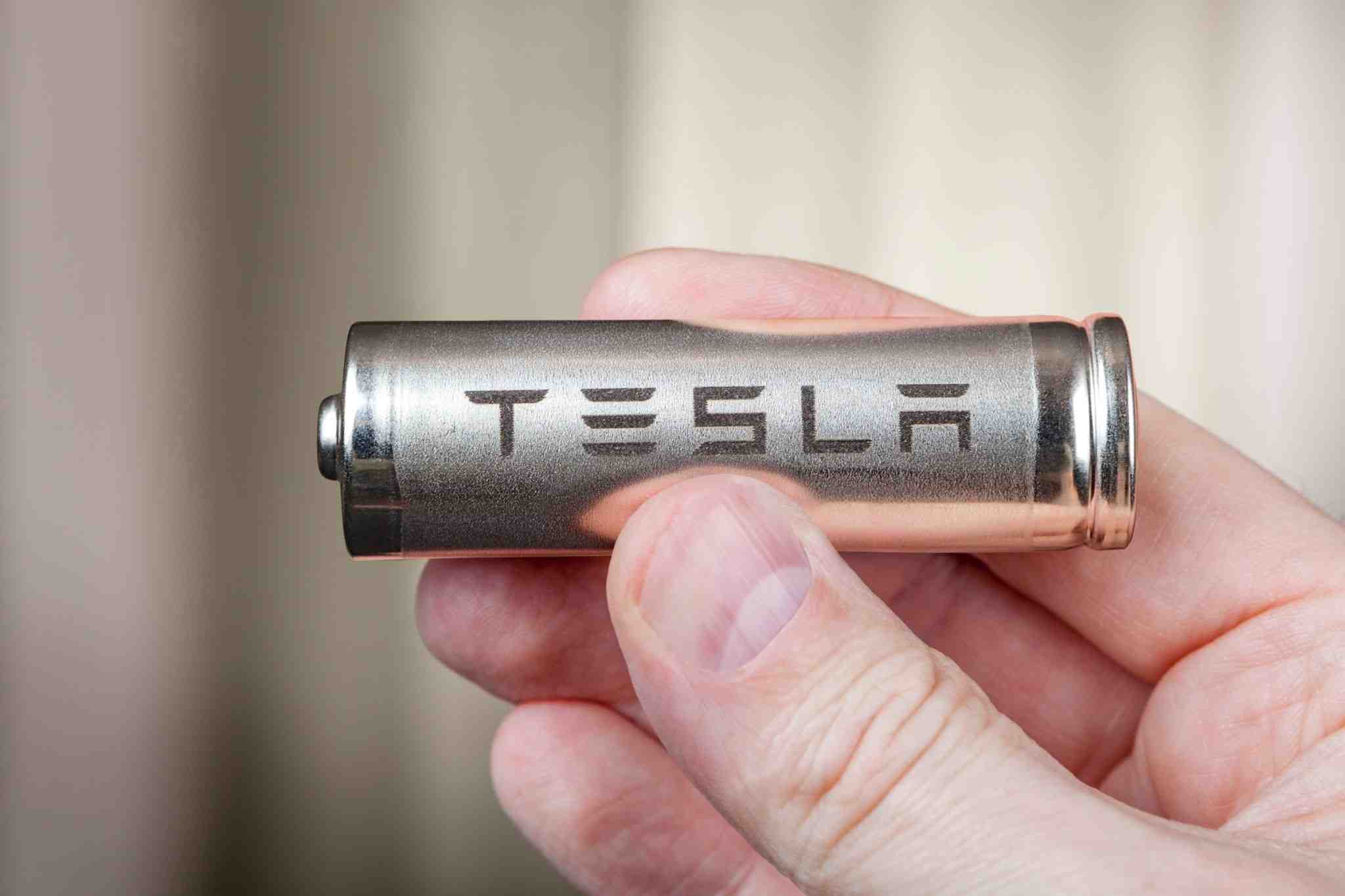
While the average cost to insure a new Tesla vehicle is $3,515 per year, prices vary widely by model. The cheapest Tesla to insure is the new Model Y, which has a typical insurance rate of just $2,832 per year.
How much is Tesla’s monthly insurance? Tesla Model 3 insurance costs an average of $2,115 per year, or about $176 per month, our analysis shows. That’s nearly 30% higher than the national average cost of auto insurance. However, rates can vary greatly from one insurance company to the next.
Is Tesla Model 3 cheaper to insure?
Tesla Model 3 insurance rates are more expensive than it costs to insure the average car model. The average cost of insurance for a Tesla Model 3 is $1,712 per year, which is $285 more than the average cost of insurance across all car models.
Does lowering Model 3 increase range?
In short: At high speeds, lowering your Tesla Model 3 has a 7% greater efficiency impact than the Aero Wheel by 3%. This increases the range from stock 320 km (199 mi) to 341 km (212 mi) with coilovers.
What is the Tesla Model 3 drag coefficient?
Aerodynamics (Model 3 and Model Y have a drag coefficient of 0.23 Cd despite size differences, engineering par excellence).
What is the average insurance cost for a Tesla?
As of October 2021, Tesla’s average insurance cost is $4,548 per year. Looking at Tesla’s unique models, each costs a different fee per year to insure. Starting with the Model Y crossover, Tesla’s insurance continues to increase with the Model 3, Model X, and Model S. The Tesla Model Y costs $3,087 per year to insure.
Is Tesla expensive to insure?
Tesla electric cars have high repair costs, making them expensive to insure. Average auto insurance rates range from $1,712 per year for the Tesla Model 3 to $2,878 for the Tesla Model Y.
How much is Tesla insurance a month?
Average Tesla Model 3 insurance costs Tesla Model 3 insurance costs average $2,115 per year, or about $176 per month, according to our analysis. That’s nearly 30% higher than the national average cost of auto insurance. However, rates can vary greatly from one insurance company to the next.
Are Teslas expensive on insurance?
Teslas are more expensive to insure than many other cars because of their high repair costs, which increases the cost of collision coverage. The price of your policy depends on the Tesla model and trim you choose, your location and driving history, and the amount of coverage you choose.
Is a Tesla expensive to insure?
Tesla electric cars have high repair costs, making them expensive to insure. Average auto insurance rates range from $1,712 per year for the Tesla Model 3 to $2,878 for the Tesla Model Y.
Do Teslas need oil changes?
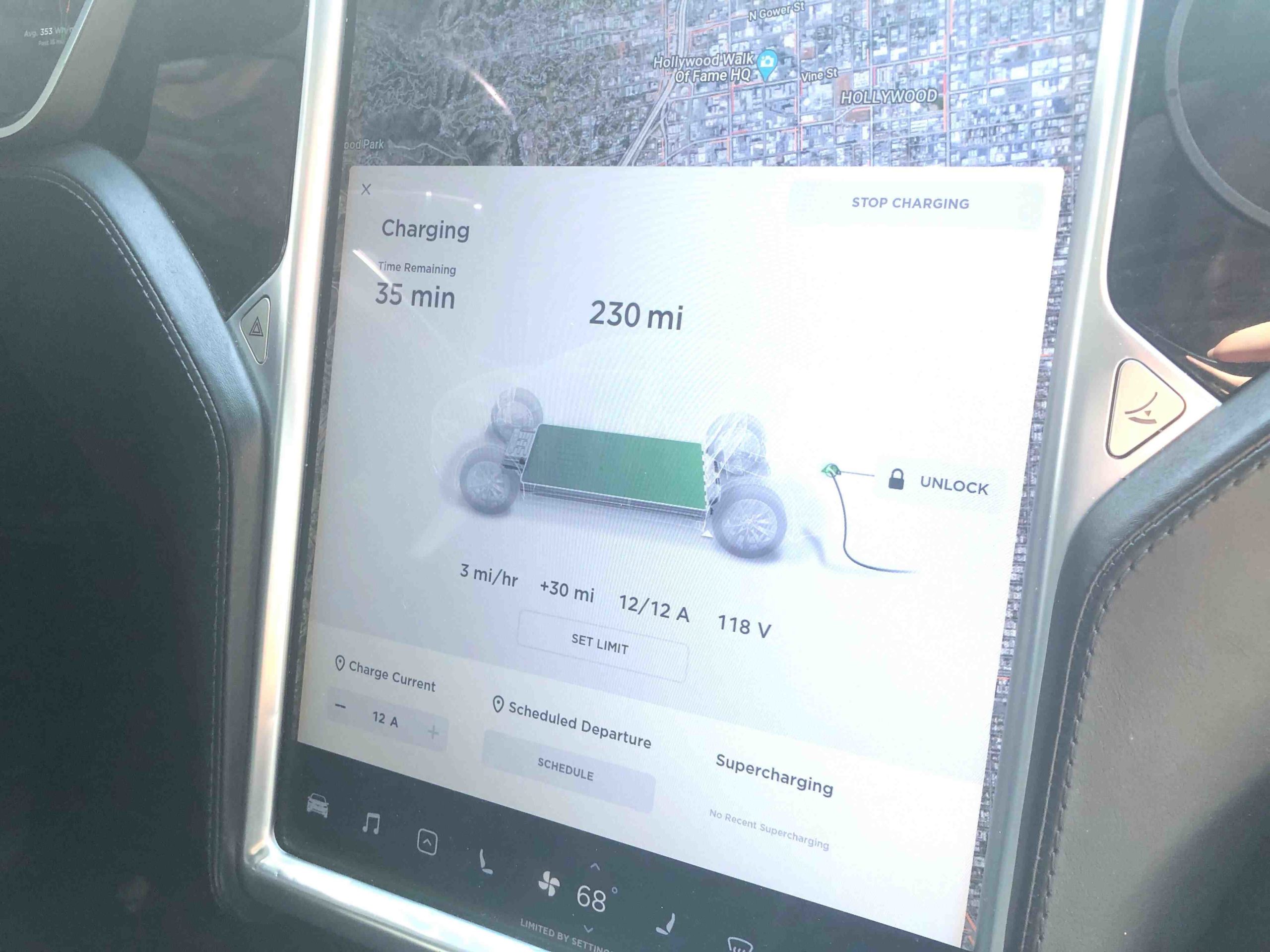
Unlike petrol cars, Tesla cars do not require traditional oil changes, fuel filters, spark plug changes, or emission checks. As an electric car, brake pad replacement is rare as regenerative braking returns energy to the battery, thereby significantly reducing brake wear.
How often does a Tesla need to be serviced? Tesla recommends service annually or 12,500 miles for the Model S and Model X and every two years or 25,000 miles for the Model 3.
Do Teslas need alot of maintenance?
Does Tesla need a lot of maintenance? No, Teslas don’t require much maintenance compared to standard vehicles. Tesla vehicles have fewer moving parts, and you don’t have to perform regular fluid changes or work on the combustion engine.
Does Tesla cost a lot maintenance?
Yes, Tesla vehicles are quite expensive to repair. According to RepairPal, the average annual Tesla maintenance cost is about $832 per year. The average among all car brands is much lower at $652 per year. Teslas also have the third-worst reliability score among all automakers.
Do Teslas have a lot of problems?
There is a common problem with Teslas experiencing rattling in some areas of the car. Owners have taken their car to a service center many times for this problem, but very rarely have seen the annoyance resolved.
Why doesn’t a Tesla need an oil change?
The oil used in the Tesla drive unit is a synthetic type called Pentosin ATF 9, and the oil filter part number is 1095038-00-A. Unlike your standard engine oil, this synthetic oil does not degrade or become contaminated with fumes – the main reason Teslas don’t need an oil change.
Can you plug a Tesla into a regular outlet?
Technically you can plug your Tesla into a standard 110v outlet with the free adapter that came with the car. But you can only charge slowly–at about 3 miles per hour parked. It’s almost as practical as refilling a car’s gas tank with an eye dropper.
What is high mileage for Tesla?
On January 6, 2022, the Tesla Model S P85 (oldest performance version) reached an impressive mileage milestone of 1,500,000 km (932,256 miles). This car was used in Germany by Hansjörg von Gemmingen – Hornberg, who is known in the EV world for setting the highest mileage record in a Tesla car.
Can a Tesla car last 10 years?
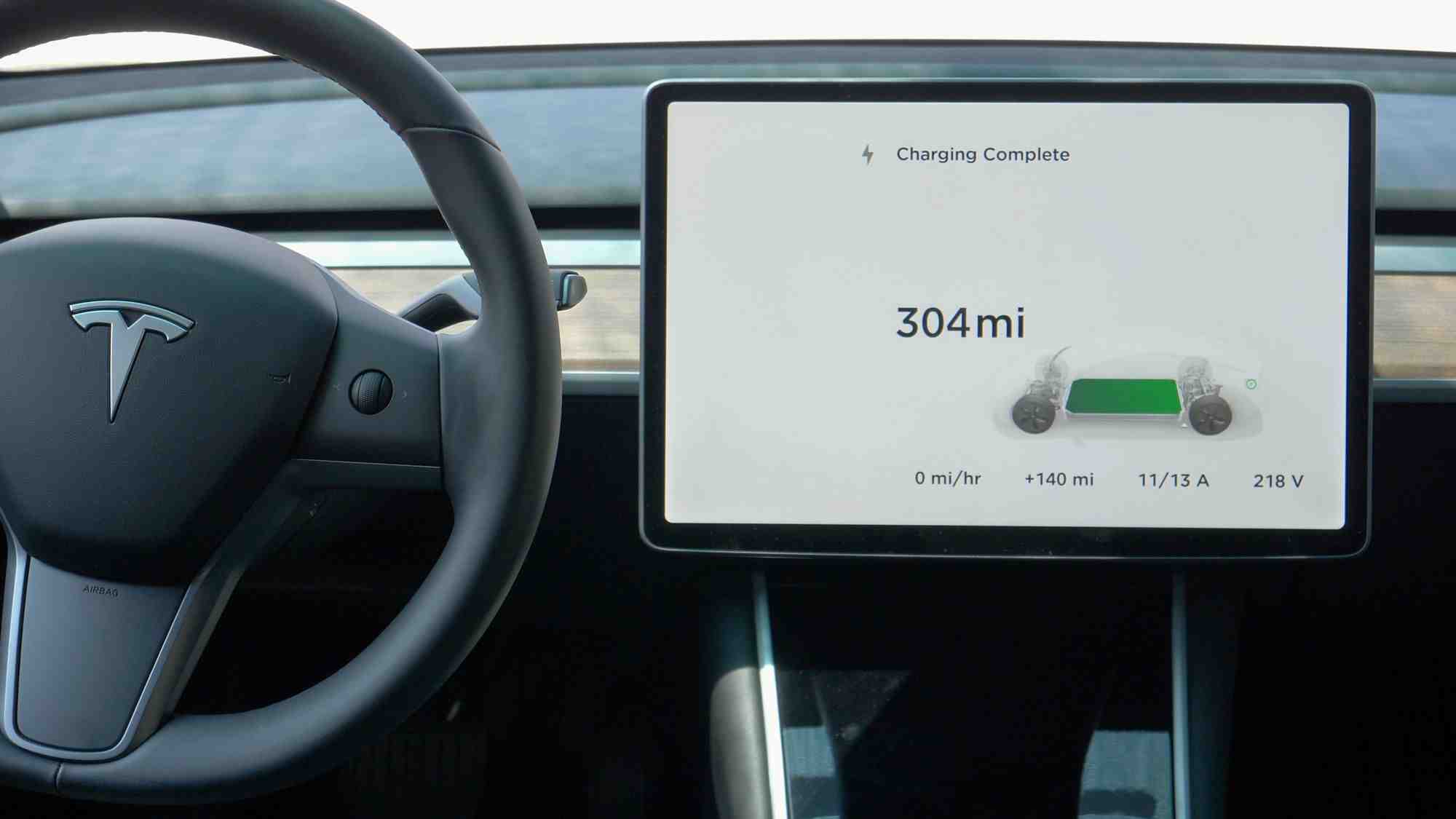
The average Tesla won’t have a problem for 10 plus years without a major fix. Battery degradation is a major area of concern. However, Tesla’s battery has proven to be long-lasting and only recorded a 10% drop after 200,000 miles.
Can Tesla last a million miles? On January 6, 2022, the Tesla Model S P85 (oldest performance version) reached an impressive mileage milestone of 1,500,000 km (932,256 miles). This car was used in Germany by Hansjörg von Gemmingen – Hornberg, who is known in the EV world for setting the highest mileage record in a Tesla car.
What is the longest lasting Tesla?
Tesla Model S Long Range The Tesla Model S Long Range offers the longest range of all EVs. The ride will be released in November 2021, and is reported to have a range of up to 405 miles. The all-wheel-drive EV fits into the luxury market and features a usable 90 kWh battery.
Can a Tesla last 1 million miles?
The Tesla Model S will hit a million miles today, eight years after its owner bought the electric vehicle. Hansjörg von Gemmingen is expected to cross a million miles (1.6 million km) today in his Model S, according to The Driven, with Tesla in line to be recognized by Guinness World Records.
How long do Tesla’s usually last?
Tesla is a pioneer in technology and innovation with battery life ranging from 300,000 to 500,000 miles. According to the Impact Report released by Tesla in 2019, the Tesla Model S and X batteries retain more than 80% of their range even after driving 200,000 miles.
How long do Tesla’s cars last?
If you don’t mind driving on a slightly underperforming battery, then you can expect to keep the same battery for anywhere from 300,000 to 500,000 miles, according to Elon Musk on Twitter.
Can a Tesla last 20 years?
The Model 3’s battery can last from 300,000 to 500,000 miles while Elon Musk claims that the body and drive unit are designed for up to 1 million miles. If you drive 15,000 miles per year, you can expect the Model 3’s drivetrain to last up to 20 years – barring other major component failures.
Are Tesla’s reliable long term?
Most Tesla models, according to Consumer Reports, are not very reliable. Take the Tesla Model S as an example. Meanwhile, the 2013 and 2017 Tesla Model S both received a reliability rating of four out of five from Consumer Reports. Most model years struggle to get anything higher than three out of five.
Are Tesla’s actually reliable?
Nonetheless, it should be noted that while the Kia is the most reliable compact SUV in its segment – winning over its gas, diesel and hybrid competitors – the Tesla is the least reliable of all electric vehicles.
How many years do Tesla’s last?
Tesla Model 3 and Model Y vehicles cover up to 120,000 miles (or eight years), while Model S and Model X travel up to 150,000 miles (or eight years). However, the battery will likely be fine after eight years or 150,000 miles.
Are Tesla’s reliable long term?
Most Tesla models, according to Consumer Reports, are not very reliable. Take the Tesla Model S as an example. Meanwhile, the 2013 and 2017 Tesla Model S both received a reliability rating of four out of five from Consumer Reports. Most model years struggle to get anything higher than three out of five.
Is Tesla really that reliable? Nonetheless, it should be noted that while the Kia is the most reliable compact SUV in its segment – winning over its gas, diesel and hybrid competitors – the Tesla is the least reliable of all electric vehicles.
How many years do Tesla’s last?
Tesla Model 3 and Model Y vehicles cover up to 120,000 miles (or eight years), while Model S and Model X travel up to 150,000 miles (or eight years). However, the battery will likely be fine after eight years or 150,000 miles.
Can a Tesla last 20 years?
The Model 3’s battery can last from 300,000 to 500,000 miles while Elon Musk claims that the body and drive unit are designed for up to 1 million miles. If you drive 15,000 miles per year, you can expect the Model 3’s drivetrain to last up to 20 years – barring other major component failures.
Why are Tesla’s so unreliable?
Tesla Model 3 has average reliability. The Model Y still has body hardware issues with tailgate and door alignment, paint defects, and many other issues. The Model X and Model S have issues with the body hardware, climate system, and in-car electronics.
Is Tesla the most unreliable?
Nearly a third of EVs have faults, compared to an 18.6% rate for gasoline vehicles. Kia was the most reliable EV maker in the study, while Tesla was the least reliable.
Do Teslas have a lot of problems?
There is a common problem with Teslas experiencing rattling in some areas of the car. Owners have taken their car to a service center many times for this problem, but very rarely have seen the annoyance resolved.
Will Teslas last a long time?
Tesla is a pioneer in technology and innovation with battery life ranging from 300,000 to 500,000 miles. According to the Impact Report released by Tesla in 2019, the Tesla Model S and X batteries retain more than 80% of their range even after driving 200,000 miles.
Can a Tesla last 20 years?
The Model 3’s battery can last from 300,000 to 500,000 miles while Elon Musk claims that the body and drive unit are designed for up to 1 million miles. If you drive 15,000 miles per year, you can expect the Model 3’s drivetrain to last up to 20 years – barring other major component failures.
How long do Tesla cars last?
| Model | Battery warranty |
|---|---|
| Model X | 8 years or 150k miles |
Sources :
